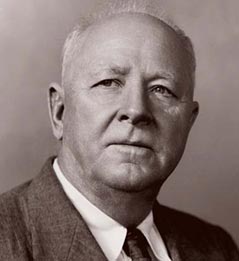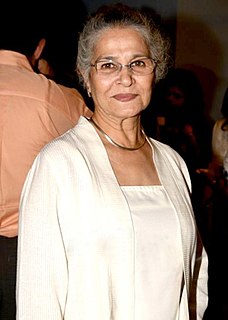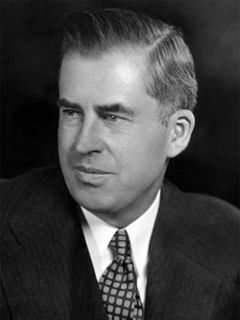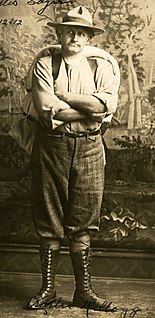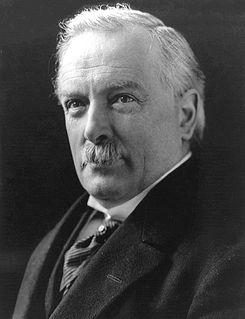A Quote by Thomas Jefferson
While the farmer holds the title to the land, actually, it belongs to all the people because civilization itself rests upon the soil.
Related Quotes
Since chemical fertilizer burns out the soil organic matter, other farmers struggle with tilth, water retention, and basic soil nutrients. The soil gets harder and harder every year as the chemicals burn out the organic matter, which gives the soil its sponginess. One pound of organic matter holds four pounds of water. The best drought protection any farmer can acquire is more soil organic matter.
History is largely a record of human struggle to wrest the land from nature, because man relies for sustenance on the products of the soil. So direct, is the relationship between soil erosion, the productivity of the land, and the prosperity of people, that the history of mankind, to a considerable degree at least, may be interpreted in terms of the soil and what has happened to it as the result of human use.
The farmer and the farm, like "the environment," are looked upon, for example, as means to offset trade deficits. The farm is a place where we can externalize costs. The cost of pesticides to the farmer and the cost of the pesticides to the soil and groundwater are regarded similarly by the public: "a serious problem that something ought to be done about." But the problem is more fundamental than this glib statement would indicate, for soil pollution is an expense of production. So are pesticides and nitrates in our farm wells. So is the loss of farmers from the land.
Unkindness to anything means an injustice to that thing. If I am unkind to you I do you an injustice, or wrong you in some way. On the other hand, if I try to assist you in every way that I can to make a better citizen and in every way to do my very best for you, I am kind to you. The above principles apply with equal force to the soil. The farmer whose soil produces less every year, is unkind to it in some way; that is, he is not doing by it what he should; he is robbing it of some substance it must have, and he becomes, therefore, a soil robber rather than a progressive farmer.
When people, land, and community are as one, all three members prosper; when they relate not as members but as competing interests, all three are exploited. By consulting Nature as the source and measure of that membership, The Land Institute seeks to develop an agriculture that will save soil from being lost or poisoned while promoting a community life at once prosperous and enduring.



